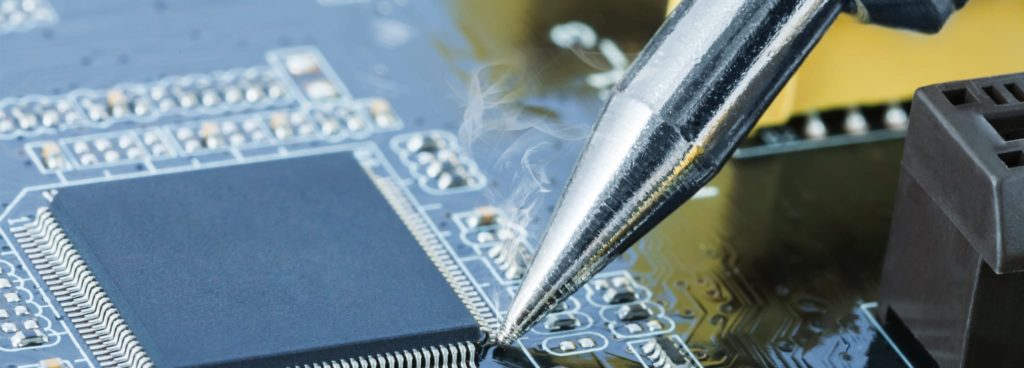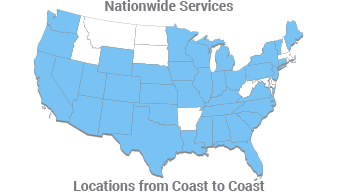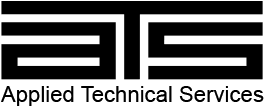- Home
- Services/IndustriesServicesindustries
- About Us
- LocationsStatesAccordion ContentAccordion ContentAccordion ContentAccordion Content
- Job Openings
- Quick Links
- ATS Family

Lead (Pb) Testing
Applied Technical Services provides Lead (Pb) Testing to ensure product compliance with RoHS. All electronic consumer products must abide by these standards to be sold in the EU, so let ATS ensure that your product’s components do not contain a restricted amount of lead.
Lead in Consumer Electronics
Manufacturers use lead in various consumer electronics, primarily through soldering. This process melts thin wires of an alloy (usually some combination of lead and tin) into a paste that can physically bond two separate conductive metals together without breaking the electrical connection. In consumer electronics, soldering with lead is often used to affix chips and the CPU to a computer’s motherboard.
Lead is also a metal that is toxic to humans. Not only is its improper disposal harmful to nature, it is known to cause cancer and various kinds of reproductive toxicity; lead is thus a regular target for environmental regulation. The European Union (EU) regulates lead and nine other toxic substances for use in consumer electronics through the Restriction of Hazardous Substances Directive (RoHS). This law places limits on the inclusion of these materials in any electronic consumer product sold in the EU and allows for punitive fines or denial of import for manufacturers and distributors whose products fail to meet compliance standards.
RoHS Compliance Standards
RoHS mandates that lead can only be used in electronics at a concentration of 1,000 parts-per-million (ppm), or 0.1% of its mass. This standard does not apply to the whole of the product but instead to each of its constituent parts that can be mechanically separated. For example, the lead solders binding the various components to the motherboard must make up less than 1,000 ppm of the component when it is chemically analyzed.
Only once each component is individually found to be compliant is the entire product judged fit for sale in EU member nations. To accommodate manufacturers’ need for confirmation that their products are RoHS compliant, Applied Technical Services performs lead testing on electronic consumer products.
About Our Method: ICP-AES
To determine the amount of lead present in a product sample, ATS chemists perform a method of testing called Inductively Coupled Plasma-Atomic Emission Spectroscopy (ICP-AES), executed per ASTM E1479. The process first calls for chemically breaking the test sample down from its solid form, as ICP-AES only works on liquids. Next, our machinery superheats the sample to isolate its chemical constituents and measures the presence of compounds of interest.
The accuracy of the method allows our chemists to detect elements such as lead at a concentration of 1-10 parts-per-million (ppm), which is far below the allowable RoHS lead limit. ICP-AES also serves to find the other metals restricted by RoHS — mercury, cadmium, and hexavalent chromium. ATS’ lab is ISO 17025 (A2LA) accredited to perform ASTM E1479 to discover each of the above metals.
ATS and RoHS Compliance
ATS has been delivering world-class testing, engineering consulting, and inspection services for over 50 years. We proudly serve clients from a variety of industries who are located around the world. Our expert chemists return accurate results within a quick turnaround time because of their proficiency in performing ICP-AES to ASTM E1479, as well as their access to our lab’s powerful equipment. If you need lead (Pb) testing or additional assistance in keeping your product RoHS compliant, don’t hesitate to contact ATS today — we take a closer look!

Request Form
"*" indicates required fields
